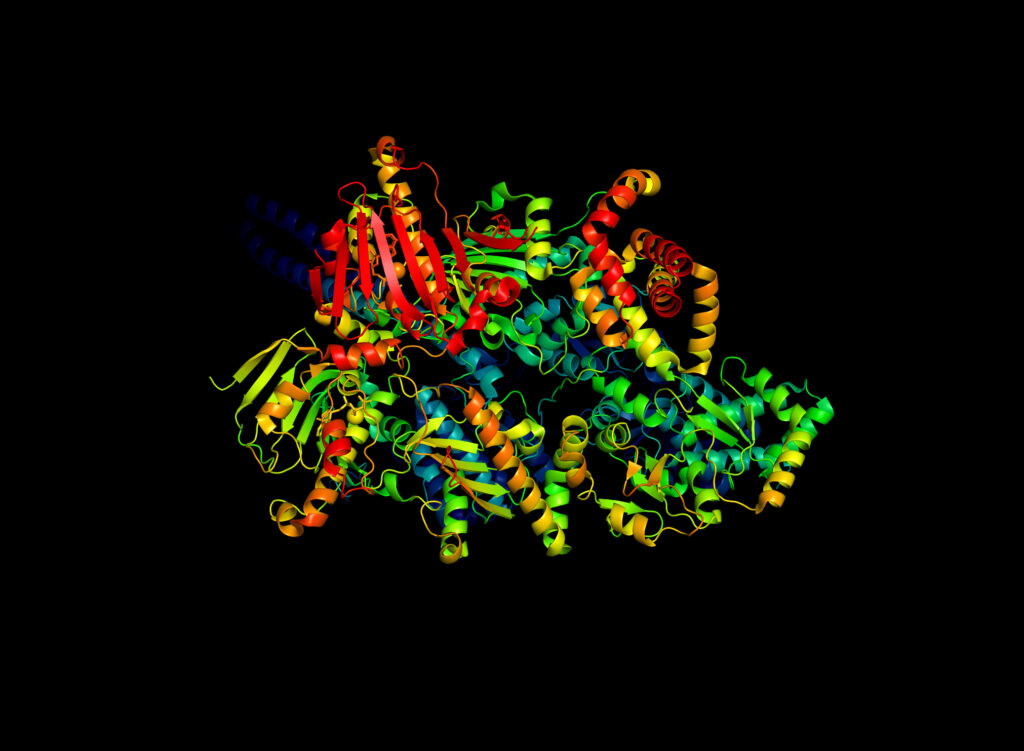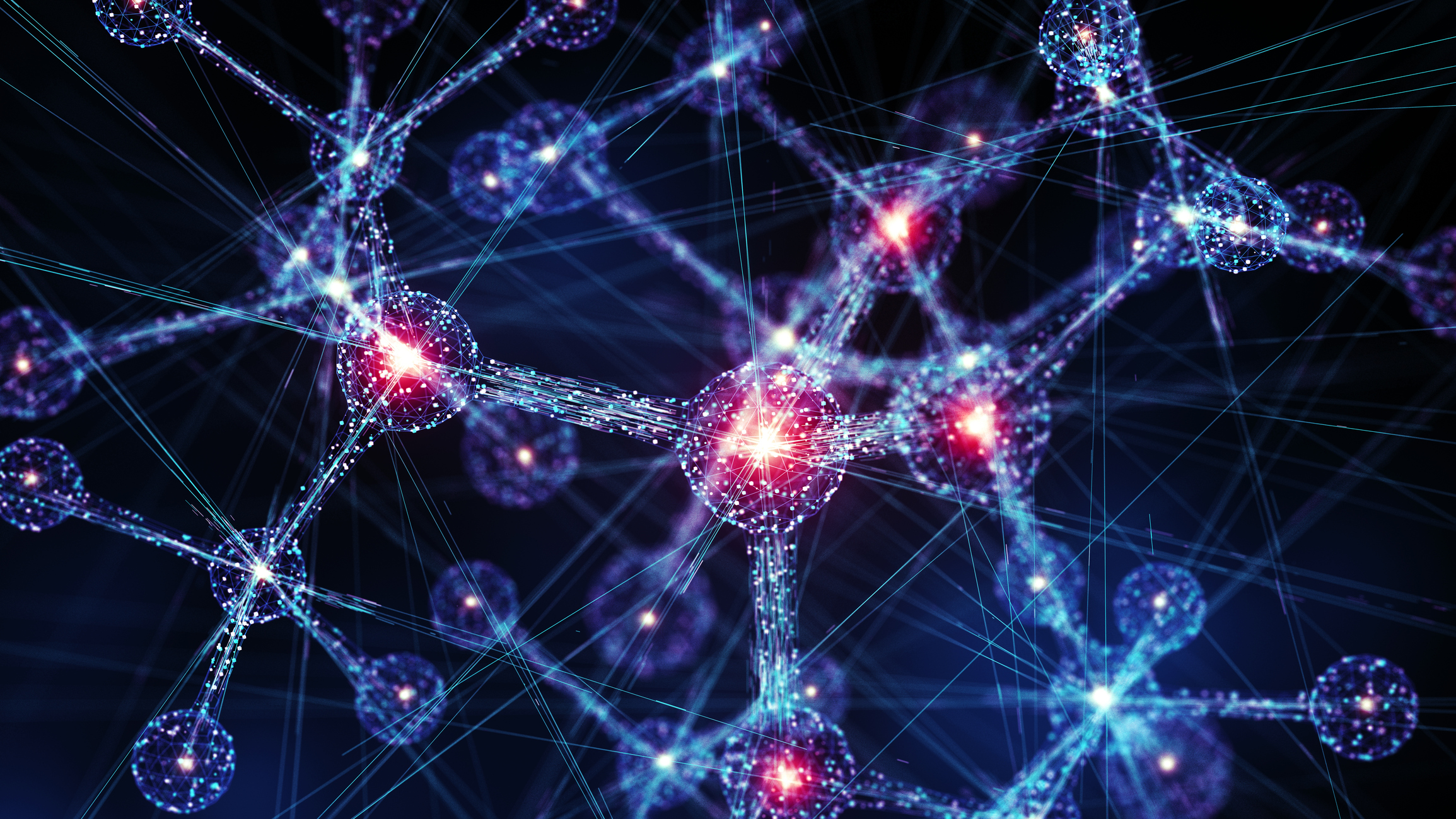Artificial intelligence is making its mark across various sectors, providing tangible use cases that showcase its potential. From ChatGPT assisting in writing code and school essays to DALL-E generating images based on user prompts, AI’s capabilities are becoming increasingly evident in everyday applications. Apple’s recent announcement about integrating Apple Intelligence (AI) throughout its ecosystem promises to further the widespread adoption of sophisticated chatbots based on Large Language Models (LLMs).
However, beyond these visible applications, AI is playing a crucial role in accelerating drug development. The traditional process of developing new treatments, which includes drug design, clinical trials, and FDA approval, can take 10 to 15 years and cost over $1 billion on average1. Additionally, nearly 90% of clinical trials fail due to intolerable side effects or lack of efficacy. Scientists are optimistic that AI, trained with molecular data and governed by the laws of physics and biochemistry, can learn to identify protein targets, and generate potential drug candidates. While these candidates must still undergo the rigorous drug trial process, AI is expected to reduce the pre-trial timeline and improve the success rate of potential treatments.

Life sciences companies have been experimenting with AI for over a decade. A notable example is Google’s acquisition of DeepMind Technologies in 2014, the company behind the AI program AlphaFold. AI models like AlphaFold are used to predict the structures of proteins. There are over 200 million known proteins, each constructed from chains of amino acids that are easy to determine using genetic sequencing. These protein chains naturally fold into 3-D structures, and understanding these structures is crucial for understanding what the protein does. The 3-D shape of a protein determines its function, influencing how it interacts with other molecules and performs its biological role. This understanding is essential for drug development, as it helps scientists design molecules that can effectively target and modulate protein activity.
Scientists have spent decades unraveling protein structures using techniques such as X-ray crystallography, electron microscopy, and nuclear magnetic resonance—think radiology equipment like CT scans or MRIs but ultra-powerful and at the subatomic level. Over the past 60 years, they have uncovered about 170,000 protein structures2. By 2021, AlphaFold had determined the atomic structure of more than 350,000 proteins, and in 2022, this number soared to 2 million3. The latest AI models are now capable of predicting nearly all of the 200 million known protein structures4.
This leap forward holds incredible promise, though we are still in the early stages of employing this technology. The models are beginning to incorporate other biological elements, such as DNA and RNA, and how proteins interact with antibodies produced by the immune system. Determining a protein’s structure and identifying molecules of interest does not guarantee a drug’s success. Clinical trials are still necessary, but AI has the potential to accelerate the drug development timeline by about five years. Big pharma is keen on this technology, as any method to reduce costs and speed up development is beneficial for both the companies and society at large.

Stay on Top of Market Trends
The Carson Investment Research newsletter offers up-to-date market news, analysis and insights. Subscribe today!
"*" indicates required fields
The integration of AI in drug development represents a significant advancement, potentially transforming the pharmaceutical industry and improving health outcomes worldwide. The McKinsey Global Institute called this a “once-in-a-century-opportunity” and estimated the technology could generate $60-$110 billion in economic value annually for the pharma industry1. As the healthcare industry begins to grasp the power of AI, it has the potential to unlock new treatments and devise solutions to cure diseases that were never before possible.
2 https://www.science.org/content/article/game-has-changed-ai-triumphs-solving-protein-structures
For more content by Jake Bleicher, Portfolio Manager click here.
02304657-0724-A


